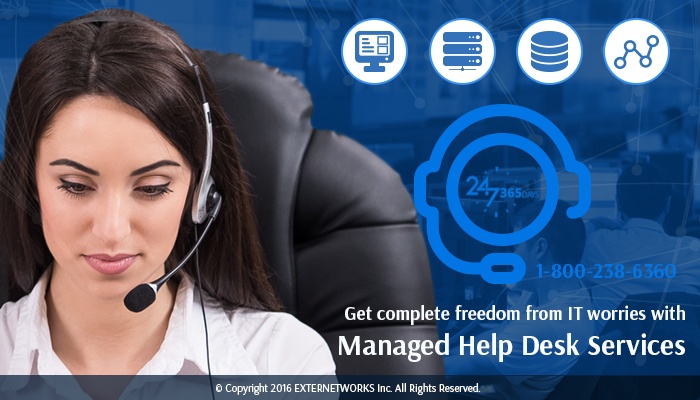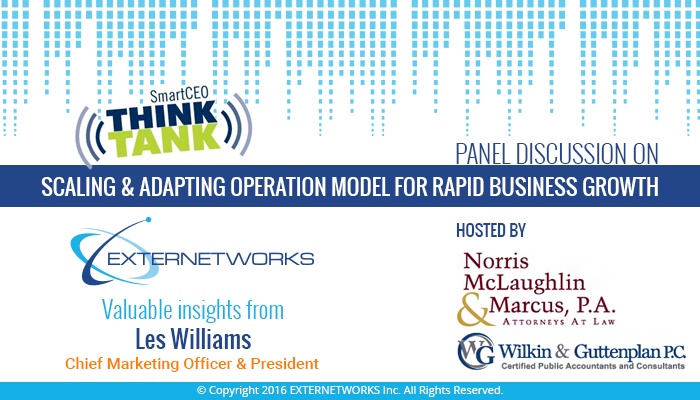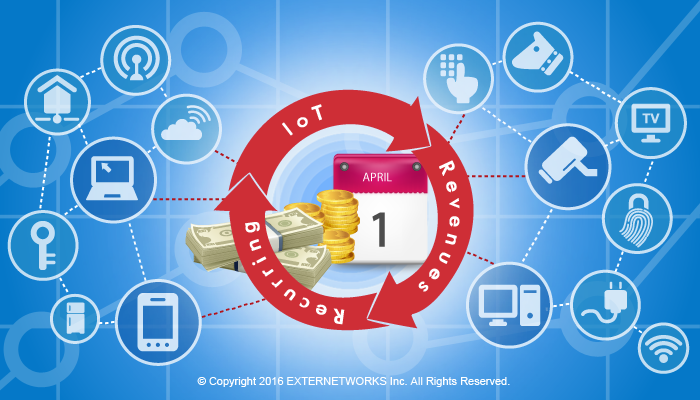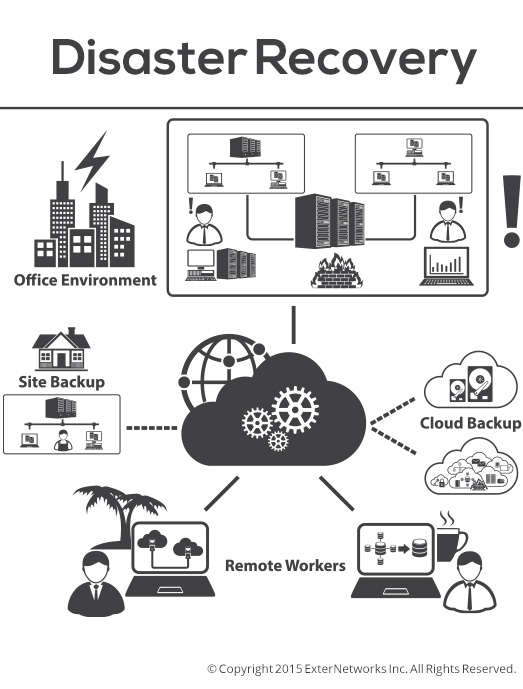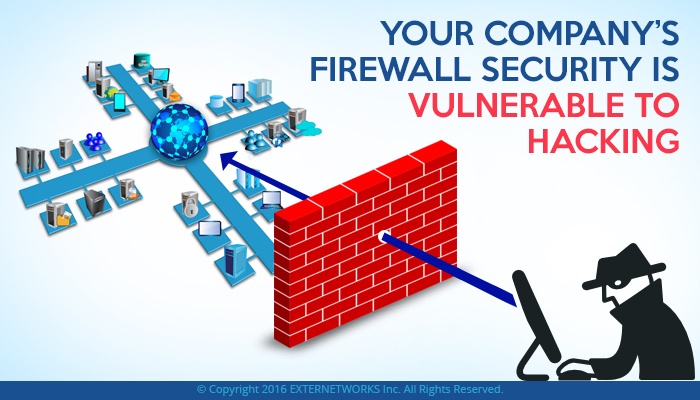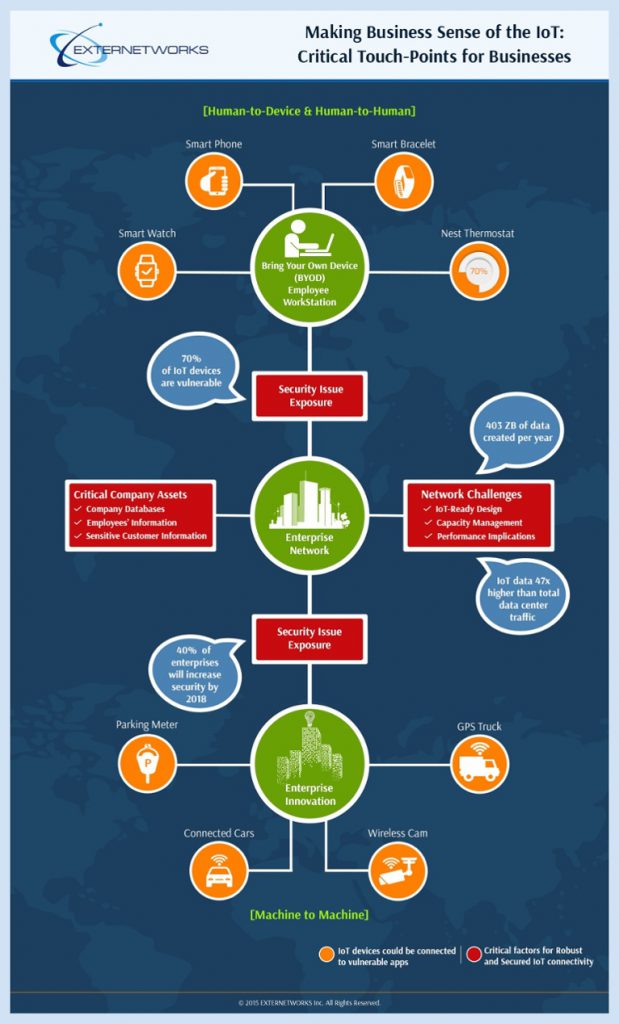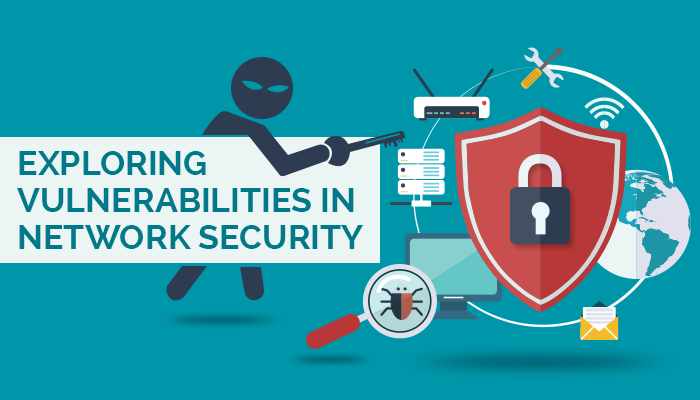How to Choose the Best Cloud MSP for Beneficial Cloud Adoption
Technology-enabled services in an on-demand, cost-effective, secure, and quick manner are a must in today’s business landscape. The need for such a service at will has given rise to the growth of cloud computing. Cloud adoption is rapidly spreading across several industries. There are hordes of cloud service providers vying for client’s business by promising to offer improved and better levels of speed, collaboration, flexibility, and cost savings. However, before choosing a cloud MSP, there are several factors that you need to consider – the level of expertise, pricing and what it covers, transparency and control issues, monitoring and management capabilities, quality of cloud services and infrastructure. In this article, we have discussed at length some of the key aspects that you should consider while assessing a cloud MSP’s offerings. Read the full story.
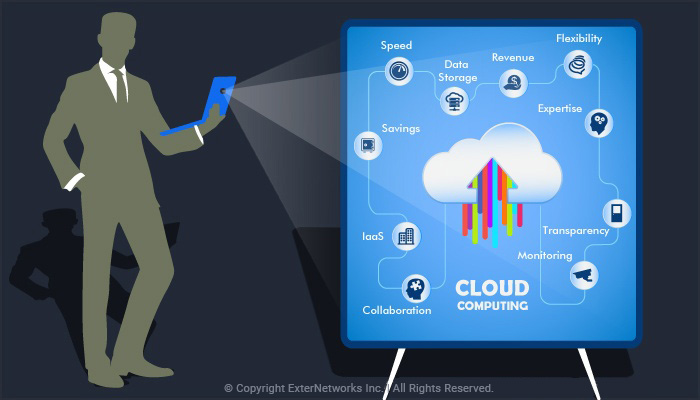
Cloud services will differ from each other in terms of security, performance, availability, and control.
Before choosing an MSP’s cloud services, you must have a clear understanding of how to effectively apply cloud computing to your portfolio of services. Also, you need to choose the right cloud services, as each will differ from the other in terms of security, performance, availability, control and type of deployment. Also, there are various delivery models offered by cloud service providers to choose from, such as private cloud, hybrid cloud, and public cloud. You need to evaluate the different delivery models and select the one that best suits your business.
Some typical questions to ask yourself while assessing a cloud MSP are:
- Do the cloud MSP’s offerings allow to build an agile environment that can adapt to my changing business conditions?
- Will I need a mix of private cloud and public cloud, and will this requirement change over time?
- What is the level of security that my cloud services should have?
- How do I leverage the cloud services to get the maximum benefits from my service portfolio?
- Which cloud services do I need for my business?
- Do I need to build a private cloud for today and tomorrow? Is it cost effective
- Are my applications and infrastructure Cloud ready?
How to Assess the Cloud MSPs Offerings?
An open pool of shared computing assets, such as servers, applications, networks, and storage, can be provided on-demand access using cloud computing as a delivery model. The two key examples of this novel and flexible manner of making assets available are Infrastructure as a Service (IaaS) and Software as a Service (SaaS). You can consume this flexible pool of assets as a ‘service’ and proportionally scale them up or down as per demand.
Whenever an organization decides to transition to cloud-based solutions and services, CIOs must consider the following:
- Data backup costs on the cloud: An important consideration that you should keep in mind while choosing cloud services is the cost of data backup once your data is in the cloud. Data backup is a crucial service that your enterprise will always need and you should ensure that your cloud MSP does not charge hefty fees for this service. Also, another thing that you can look for is whether the cloud MSP can customize the backup service to meet the backup policies according to your business objectives.
- Efficient management and security of the complete service portfolio: The cloud MSP should be able to provide effective governance through a flexible, hybrid delivery model. You should be able to identify and match each service to the best source, according to its needs, through the cloud MSP’s well-integrated processes and technologies. Such efficiently used services will help you meet rapidly-changing market demands by dynamically leveraging your technology.
- Infrastructure as a Service (IaaS) offering for your infrastructure: It is crucial that your business-critical applications are run on industry-leading software, on the latest-generation hardware, and are supported by world-class infrastructure. Also, your cloud MSP should be able to provide you with world-class infrastructure services in addition to having direct physical access and control over them.
- Protection from cost escalations: Most cloud MSPs would enter into long-term contracts with your company. You must also check if your MSP offers a long-term price protection. Many times, a cloud MSP may face an increase in various costs, such as bandwidth, manpower, fuel costs, or power outages. However, you must ensure that your MSP does not pass on these cost escalations to you as an existing client with a long-term contract.
- Alter legacy IT operational models: The cloud MSP should be able to transform legacy IT operational models so that it can adapt to a service-centric, hybrid delivery model. Such transformed applications and infrastructure services can drive new efficiency and opportunity by adopting new and shared characteristics.
- Data import and export costs: Most organizations fail to consider the cost, ease, and time required for import or export of data. You should carefully factor in this aspect while assessing the cloud MSP, as most cloud MSPs simply bill you, the client, for data import or export. Cloud MSPs might ask you to download gigabytes of data off your network connectivity. However, keeping in mind the cost and time involved in downloading such huge amounts of data that needs to be imported or exported, you can easily understand that this is not the most efficient and secure manner to deal with data.
- Build cloud services: You must ensure that your cloud MSP can build and deploy on-demand cloud services through a hybrid service delivery environment. This capability will help to provide you with easy access to self-service resources from a safe and on-site environment.
- Disaster recovery on the cloud: Disaster recovery for virtualization needs a different approach. Cloud IT infrastructure that includes server, operating system, applications, and data can be bundled as virtual servers. All virtual servers can be backed up to an offsite location in a matter of minutes without having to relocate each component independently. As I pointed out in my previous article on DR planning, this process dramatically reduces recovery times as compared to the conventional disaster recovery approach. With cloud computing, disaster recovery becomes much more cost-effective with faster recovery times.
Essential Traits of Effective Enterprise Cloud Solutions
Before choosing a cloud MSP, you should bear in mind that a successful cloud solution for any enterprise should be:
- Resilient: The cloud solution must be delivered by the agreed-upon quality, service levels, availability, and performance. You must ensure that the MSP Service Level Agreements (SLAs) are measurable, but are not unreal or misguiding. Also, there should be penalty clauses in place in the contract through which you can hold the cloud service provider truly answerable for not abiding the SLAs.
- Open, not locked in: Cloud solutions must have modular infrastructure and services that can be supported in heterogeneous environments.
- Consistent: They should deliver a seamless experience by mixing public and private cloud services with traditionally deployed services and outsourced services. The managed cloud should be able to enable business through its various business cycles by offering rapid, elastic and seamless scalability.
- Safe: The cloud solution should ensure compliance with security and privacy of data, threat protection, agreed SLAs and protection of data and intellectual property. They must also ensure the security and integrity of business-critical applications and data.
- Automatized: They should provide integrated service portfolio and end-to-end service quality by integrating cloud with legacy assets and services through efficient policy-based automation and management. The cloud MSP should have primary and secondary servers for specific applications. The secondary server should be able to automatically take control in case there is an issue in the primary server.
Conclusion:
The crucial thing that you should look for in cloud offerings is that these solutions must help your organization be in full control of the services by leveraging the power of private and public clouds.
Many organizations today are combining services from many sources, such as traditional, private, and public cloud services to build a hybrid service portfolio.
You should choose a cloud service provider, who can help align the right model to the right service for your organization. Also, these offerings should help you build, consume, and manage suitable cloud services in an efficient and secure way.
ExterNetworks is a single-source Managed Cloud Services Provider for Cloud Computing solutions. ExterNetworks seamlessly delivers Cloud Computing Solutions for a broad range of applications, technologies and enterprises by providing you access to skilled resources with specialized skills. We assist you in adopting the cloud for your business rapidly by reducing complexity, time to set-up, and infrastructure costs. We implement and deploy your cloud solutions that have augmented security and controls. We also provide you a comprehensive report with our advanced reporting tools for operational visibility..
